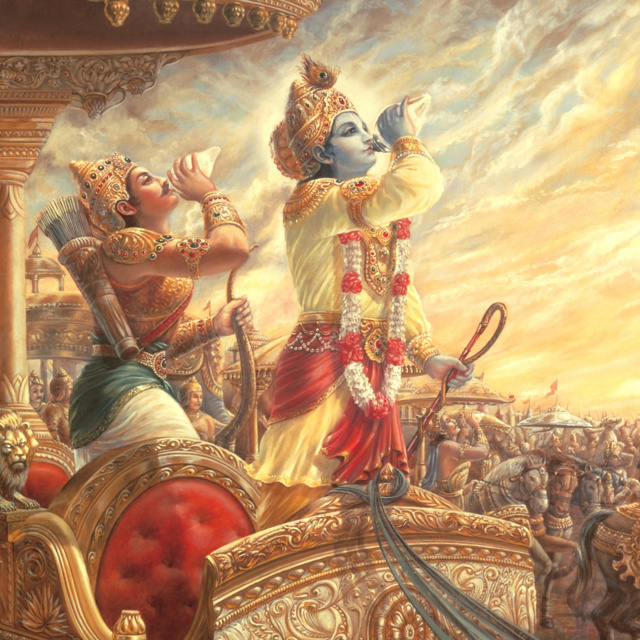
Bhagavad Gita As it is - (Vrajraj Das)
Religion og åndelighetOm Bhagavad Gita As it is - (Vrajraj Das)
Zoom recorded classes. Vrajraj Das vrjd@hkm-group.org Hare Krishna Movement, Mumbai.
📻 Siste episoder av Bhagavad Gita As it is - (Vrajraj Das)
Her er de nyeste episodene tilgjengelige via RSS-feeden:
📱 Slik abonnerer du på Bhagavad Gita As it is - (Vrajraj Das)
Apple Podcasts (iOS/Mac):
- 1. Åpne Apple Podcasts-appen
- 2. Trykk på "Bibliotek" nederst
- 3. Trykk på "..." øverst til høyre
- 4. Velg "Legg til en podcast via URL"
- 5. Lim inn RSS-linken fra boksen over
Andre podcastapper:
- 1. Åpne din podcastapp
- 2. Look for "Add by URL" eller "RSS"
- 3. Lim inn RSS-linken
- 4. Søk eller trykk "Subscribe"
- 5. Episodene vil nå vises i appen din